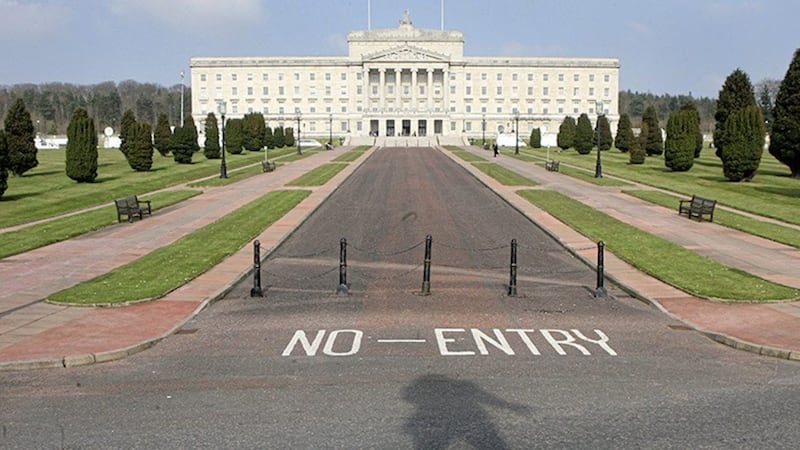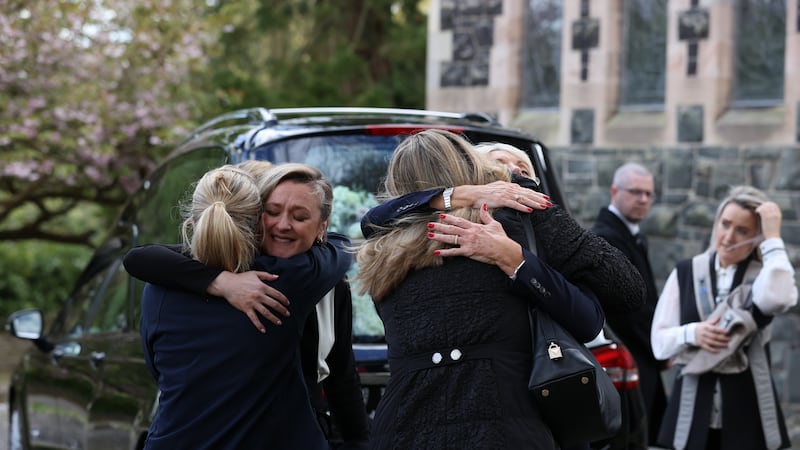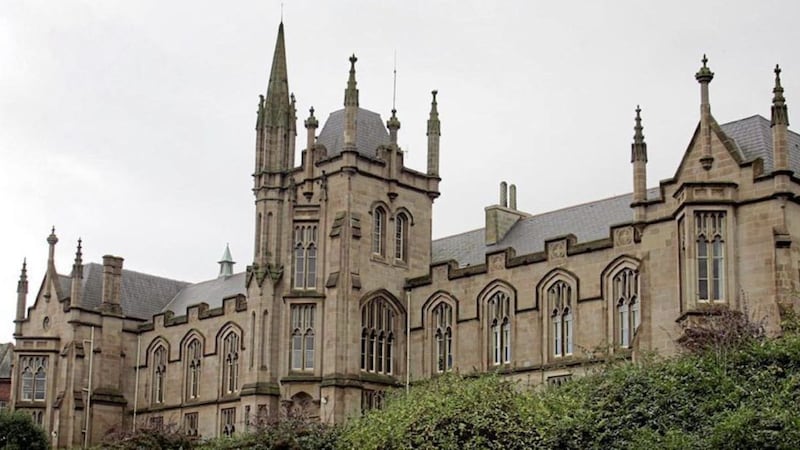It is simply incorrect, as has been widely reported, that the proposed Troubles pension excludes people with a conviction of more than two and a half years in prison.
All such people can apply, unless their conviction relates to the incident that caused their injury, and it appears that nearly all such applications will be successful. A judge-led panel will rule if a pension is “appropriate” based on two broad sets of guidelines: has the applicant demonstrated remorse or contributed positively to society since the incident; and has the applicant had a “recent” conviction for terrorist activity or membership.
Victims campaigner Alan McBride, who lost his wife in the Shankill bomb, says it is his understanding that unless applicants “are notorious individuals or people who remain involved in violence, they will secure the pension.”
McBride added: “I’ve a lot of respect for Sinn Féin but they are wrong on this.”
Republicans could be given more clarity on the guidelines. If being ‘pro-peace process’ is considered a positive contribution to society, for example, most IRA ex-prisoners will qualify. Most dissidents will not - they are obviously who the guidelines are aimed at. Large factions of the UVF and UDA should also be excluded. Sinn Féin never mentions loyalists in its pension objections.
The government could also be clearer on how the design of the pension follows standard practice on compensation schemes. It is not intended to pass narrative judgment on the Troubles, as republicans evidently believe. The intention is to be as legally watertight as possible. Some critics have pointed out the judge-led panel will be a bonanza for lawyers and they are undoubtedly right. However, that bonanza will occur regardless. A former IRA bomber with a serious conviction for another incident might appeal a rejection. On the other hand, a victim of that bomber might appeal their approval. What matters is that there is a consistent process that can stand over its decisions by law and precedent.
The 2006 legislation defining everyone injured in the Troubles as a victim, often cited by republicans, applies only to the remit of the Commission for Victims and Survivors. It does not and cannot cover eligibility for a pension.
Paying “absolutely everybody injured”, as Sinn Féin deputy leader Michelle O’Neill has demanded, would be so irregular as to be indefensible.
Compensation is always blocked or reduced on culpability for an injury. This applies to existing schemes for serving and former soldiers and police officers, and the principle is universal. A person responsible for a car accident in which they are hurt should receive all the medical care and social security benefits they need but they cannot claim against their own or another driver’s insurer.
Having a serious conviction unrelated to your injury is another general disqualification. Northern Ireland’s Criminal Injuries Compensation Scheme, established in 1968 and covering Troubles victims, follows this principle, as do its equivalents elsewhere. It can also consider “provocative and negligent behaviour” and even “character and way of life”.
At the root of Sinn Féin’s objection to the Troubles pension is its view that IRA violence was not criminal and the Troubles should be treated as a political conflict, elevated above the kind of mundane precepts applicable to a mugging or a car crash.
In that case, all sides would have to pay their dues. As academics at Queen’s University Belfast have noted, international practice on special conflict-related schemes involves paramilitary or criminal gangs surrendering their assets or having them seized to help fund compensation.
The Provisional IRA’s wealth was last officially estimated by the Irish government in 2005 at 400 million euros, enough to fund the entire Troubles pension for over three years. The IRA’s true wealth is probably enough to compensate all its victims - and members - in perpetuity. Authorities north and south turn a blind eye to this in part, with deep irony, to enable a form of organisational pension.
Instead, the UK taxpayer will pick up the bill, whether that is via Westminster or Stormont. This is not an argument of ‘Britain’s money, Britain’s rules’ but of ‘public money, usual rules apply’ - and those rules have been stretched as far as practical. If Sinn Féin wants conflict settlement rules to apply, except to the IRA, that would be passing a narrative verdict on the Troubles.
While there is certainly scope to explain this better and pin the scheme’s operation down more precisely, it is a good deal for everyone, republicans included. They should take it.









